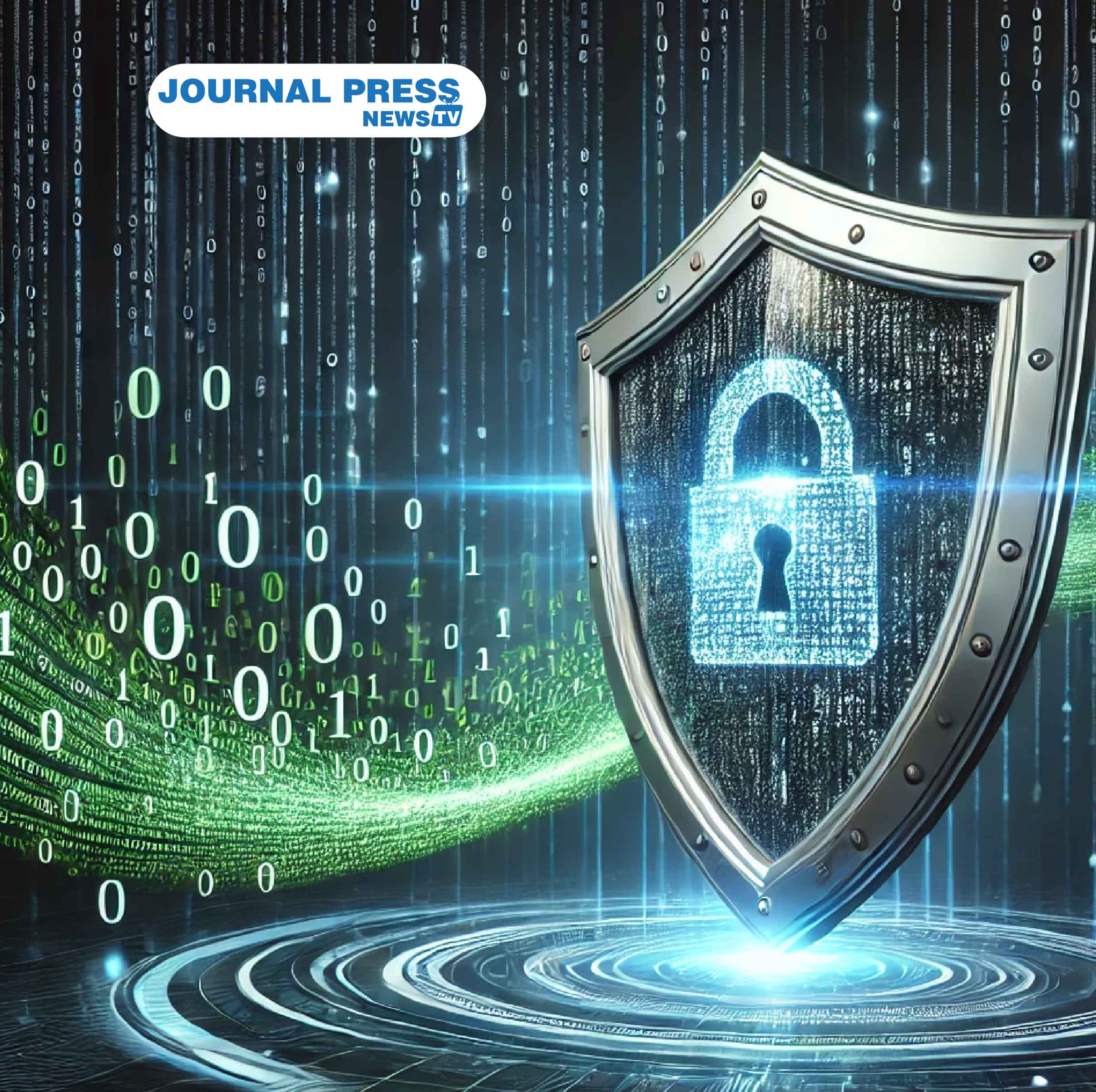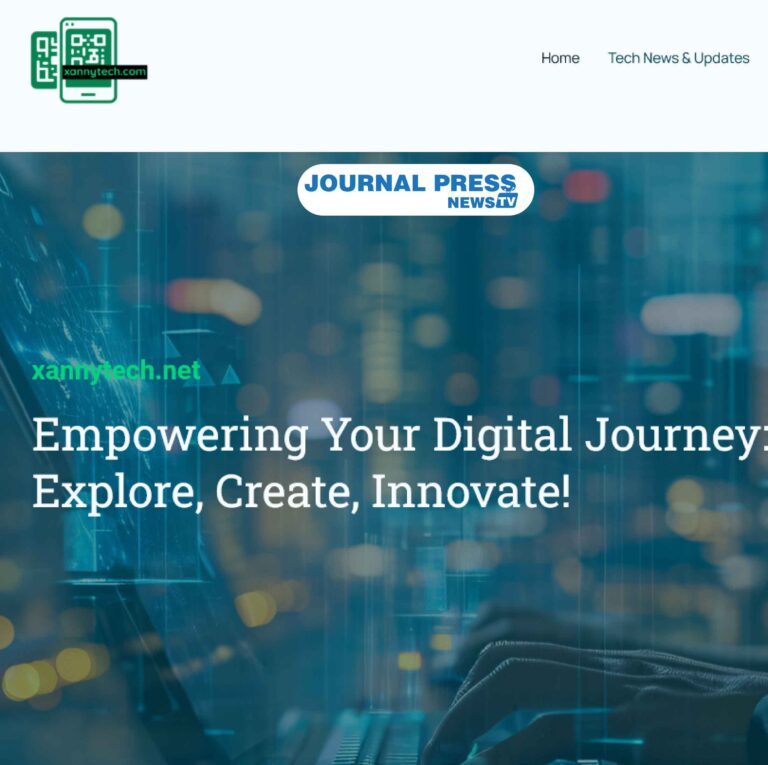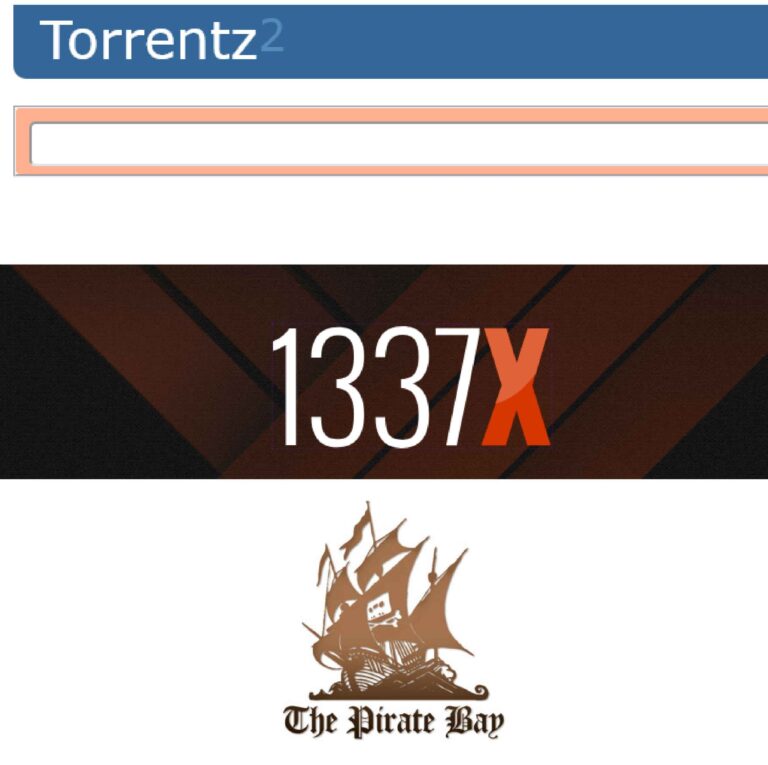What is thejavasea.me and Why Is It Important?
Thejavasea.me is a website that has gained notoriety for hosting various leaked content. This includes everything from personal information and login credentials to software cracks and confidential documents. The site often aggregates these leaks into what is called AIO-TLP bundles, which are collections of multiple types of information leaked from different sources.
What Does AIO-TLP Mean?
The term AIO-TLP stands for “All-In-One” and “Traffic Light Protocol.” Here’s a breakdown of what each part means:
- All-In-One (AIO): Refers to a collection or bundle of various types of leaked content gathered together in one place.
- Traffic Light Protocol (TLP): A system used in cybersecurity to indicate the sharing level of sensitive information, ranging from red (highly confidential) to white (public information).
When combined, AIO-TLP leaks suggest a compilation of different kinds of leaked data that could be sensitive or confidential, potentially impacting individuals and organizations alike.
Types of Leaks Found on thejavasea.me
1. Personal Data Leaks
These leaks can include personally identifiable information (PII) such as:
- Names, addresses, and phone numbers.
- Social Security numbers or national IDs.
- Email addresses and passwords.
2. Software and License Key Leaks
The website is also known for distributing pirated software and license keys. This is illegal and exposes users to potential malware or spyware that might be hidden within these files.
3. Credential Dumps
Large sets of usernames and passwords from various online services are often found in these leaks. Cybercriminals use these to access user accounts, which can lead to further data breaches.
4. Confidential Documents
From private company files to government documents, confidential information is often part of these leak bundles. The sharing of such sensitive documents can have severe legal and ethical implications.
How Do These Leaks Happen?
1. Hacking and Data Breaches
Most leaks happen because of hacking. Cybercriminals exploit security weaknesses in websites, databases, or networks to steal information. Once they have it, they might sell it on the dark web or share it on sites like thejavasea.me.
2. Insider Threats
Sometimes, employees or insiders leak data, either for personal gain, revenge, or to expose wrongdoing (whistleblowing). Insider threats are challenging to predict and often involve sensitive data.
3. Poor Security Practices
Weak passwords, lack of two-factor authentication, and outdated software are common causes of data breaches. When organizations fail to follow best security practices, they expose themselves to leaks.
Consequences of thejavasea.me Leaks AIO-TLP
Impact on Individuals
- Identity Theft: Cybercriminals can use stolen personal information to commit identity theft, such as applying for credit cards or loans in someone else’s name.
- Financial Losses: Access to bank or credit card information can lead to unauthorized transactions or drained accounts.
- Emotional Distress: The exposure of personal conversations, photos, or sensitive documents can cause significant emotional and psychological distress.
Impact on Businesses
- Reputational Damage: Leaks of customer or company data can severely damage an organization’s reputation, leading to loss of trust and customers.
- Financial Penalties: Many regulations, like the GDPR in Europe, impose heavy fines on companies that fail to protect user data.
- Operational Disruption: Data breaches can cause significant operational disruptions, affecting productivity and financial performance.
How to Protect Yourself from thejavasea.me Leaks AIO-TLP
1. Regularly Change Passwords
Make it a habit to change your passwords regularly and use a different password for each of your accounts. This way, even if one password is compromised, your other accounts remain secure.
2. Enable Two-Factor Authentication (2FA)
Use 2FA whenever possible. This adds an extra layer of security by requiring a second form of identification (like a text message code) to access your accounts.
3. Use a Password Manager
A password manager helps you create and store strong, unique passwords for all your accounts. This reduces the risk of using weak or duplicate passwords.
4. Stay Informed About Data Breaches
Sign up for services like “Have I Been Pwned?” that notify you if your email or other personal information has been part of a data breach.
5. Be Cautious of Phishing Scams
Phishing attacks often lead to data leaks. Be wary of emails, texts, or websites that ask for personal information, especially if they seem suspicious.
Legal Ramifications of Accessing Leaked Data
Is It Legal to Access Leaked Information?
In most jurisdictions, accessing leaked data is illegal, especially if it involves personal information or confidential documents. Even just viewing this information can be considered a violation of privacy laws.
Potential Consequences for Individuals and Businesses
- Fines and Legal Action: You could face fines or legal action for accessing or using leaked data.
- Criminal Charges: In some cases, accessing sensitive information can result in criminal charges, particularly if used for fraudulent purposes.
- Ethical Violations: Beyond legal issues, accessing leaked data raises significant ethical concerns.
The Future of Data Protection and Cybersecurity
1. Increased Focus on Data Protection
Governments and organizations worldwide are becoming more vigilant about data protection. This includes stronger regulations, like the General Data Protection Regulation (GDPR) and the California Consumer Privacy Act (CCPA), which impose strict rules on how data is collected, stored, and shared.
2. Advanced Cybersecurity Measures
New technologies, such as artificial intelligence (AI) and machine learning, are being developed to detect and prevent cyber threats before they can cause harm. These innovations are crucial in combating the rise of cybercrime.
Conclusion
Thejavasea.me leaks AIO-TLP highlight the ever-present dangers of data leaks in our digital world. Understanding the risks and taking proactive steps to protect yourself is essential for staying safe online. Remember, online security starts with awareness, strong practices, and being cautious with your information.
FAQs About thejavasea.me Leaks AIO-TLP
- What is thejavasea.me?
A website known for hosting various types of leaked content, including personal data and confidential documents. - What are AIO-TLP leaks?
These are “All-In-One” collections of leaked data that could include personal information, software, credentials, and more. - How can I protect myself from data leaks?
Use strong, unique passwords, enable two-factor authentication, and be aware of phishing scams. - Is it illegal to access leaked information?
Yes, accessing leaked data is often illegal, especially if it involves personal or confidential information. - What should I do if my information is leaked?
Immediately change your passwords, monitor your accounts for suspicious activity, and consider using identity protection services. - Are there legal consequences for using leaked content?
Yes, using leaked content can lead to fines, legal actions, and even criminal charges, depending on the jurisdiction.




















